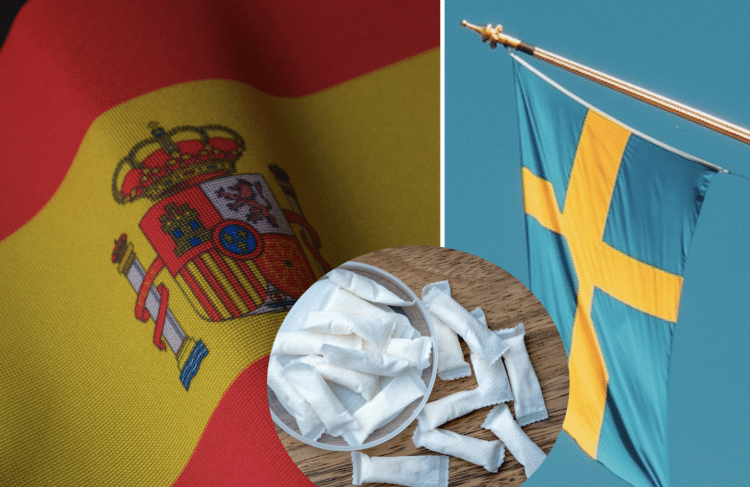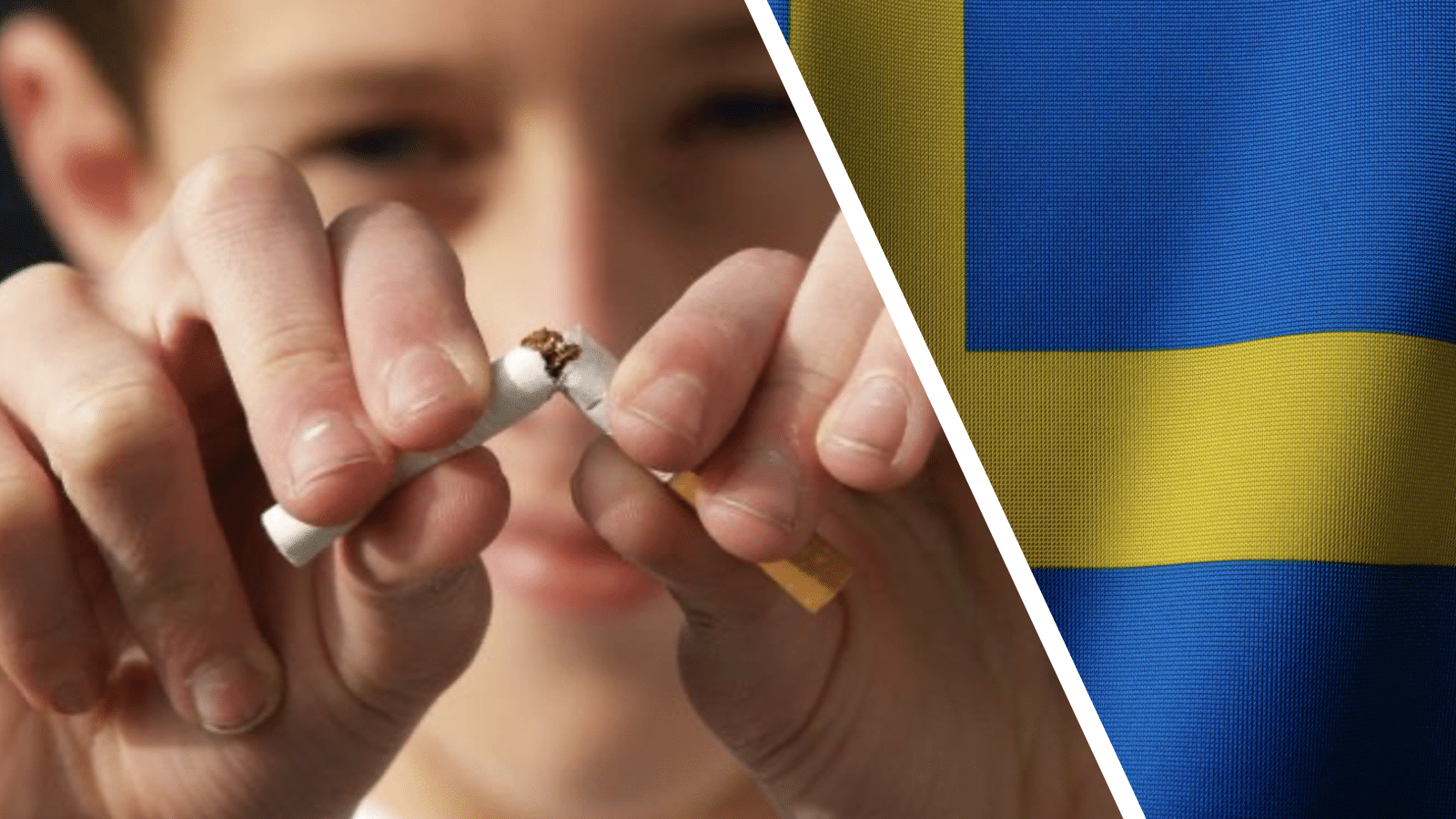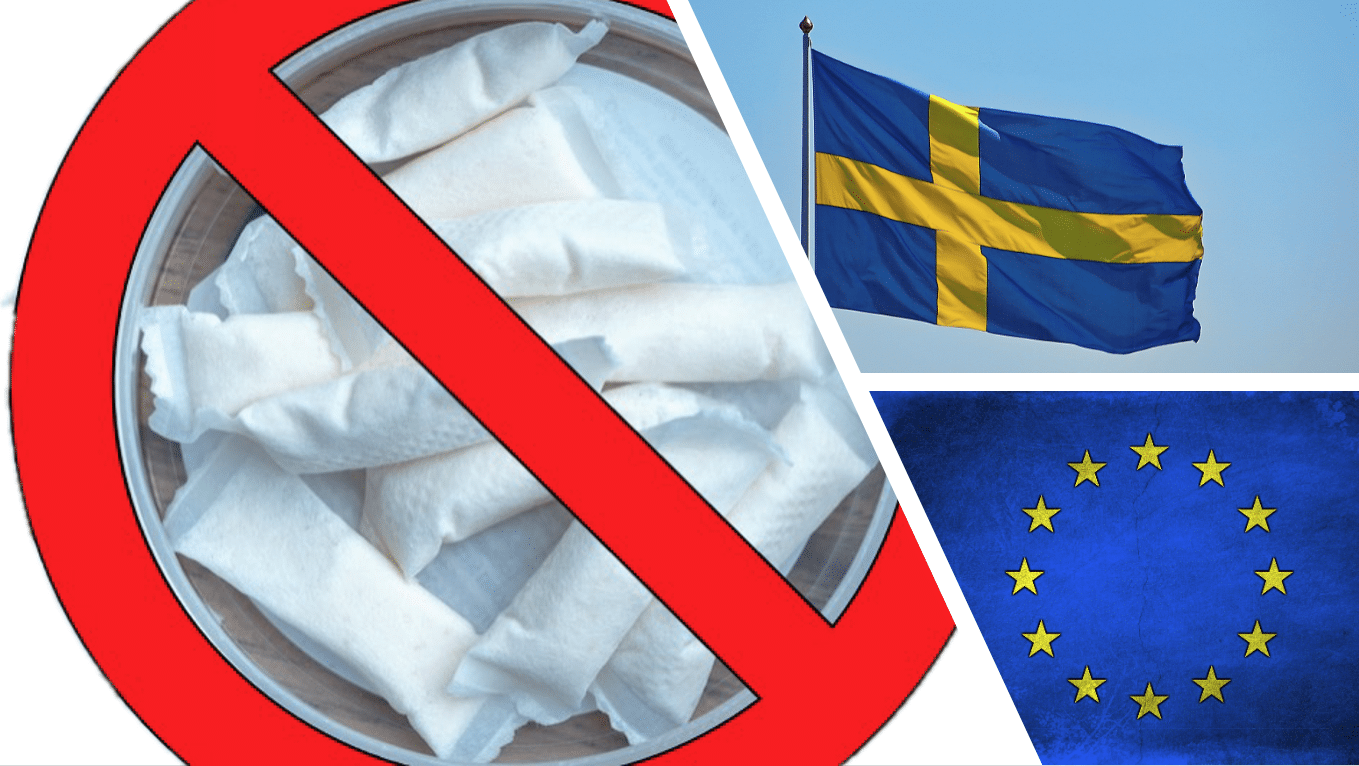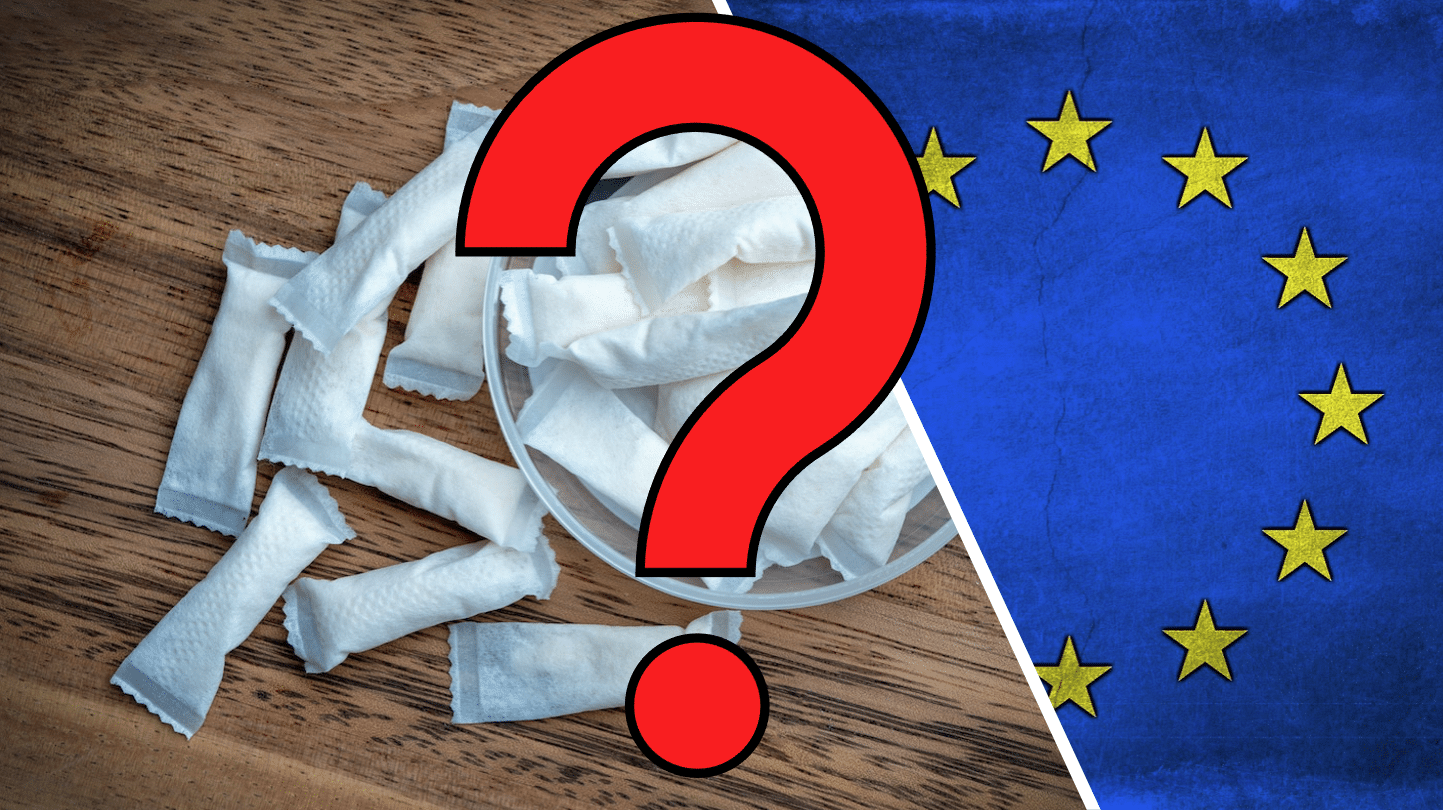
Spain pouch ban proposal sparks Swedish wrath
The Swedish government has issued a rare and sharply worded rebuke of Spain’s proposed restrictions that would effectively ban nicotine pouches.
In an unusually strong move, Sweden has submitted a formal detailed opinion to the European Commission, arguing that Spain’s draft law violates the EU’s internal market rules and amounts to an unjustified trade barrier.
“We want to send a signal to remaining EU countries that we are going to stand up for Swedish snusers,” Swedish Trade Minister Benjamin Dousa told the Expressen newspaper in an interview announcing the move.
Commonly referred to in Sweden as white snus, tobacco-free nicotine pouches have become increasingly popular as well as an important export product for the country, alongside traditional tobacco “brown” snus.
“We see that white snus is under attack,” Dousa added.
He called filing the detailed opinion “the toughest tool we have” to mount a counterattack against policymakers in Brussels and other European capitals aiming to restrict or ban access to safer nicotine alternatives that could potentially save tens of thousands of lives across the EU.
The move drew praise from Patrik Strömer, Secretary General of the Association of Swedish Snus Manufacturers.
“Sweden’s silence on EU tobacco and nicotine policy was starting to become concerning,” he said.
“It’s important the government takes a stand to protect consumer choice and an important Swedish industry.”
A mounting European crackdown
The Spanish proposal that prompted the Swedish reaction would cap nicotine levels in pouches to an infinitesimal 0.99 milligrams per sachet and ban all flavours except plain tobacco.
The move would in practice eliminate nearly all existing nicotine pouches from the Spanish market. Sweden argues the legislation not only undermines harm reduction principles, but also restricts the free movement of goods within the EU – a cornerstone of the union’s legal framework.
The warning to Spain comes amid a broader trend across the EU. Countries including Belgium, the Netherlands, Luxembourg, and Denmark have introduced bans or severe restrictions on nicotine pouches. France also recently passed similar legislation.
Previously, Sweden has responded to such measures by merely submitting comments – a lighter form of objection that registers disapproval but carries no legal weight.
But in the case of Spain, Sweden opted for a more powerful instrument. Under EU notification rules, a detailed opinion obliges the receiving member state to pause the legislative process for three months and respond to the concerns raised.
“It’s partly about protecting the freedoms of Swedish snusers who travel, work, and live in other EU countries,” Dousa told the Dagens Nyheter newspaper.
“But it’s also about jobs. We have a strong snus industry that employs a lot of people in Sweden.”
More than a trade issue
Sweden has the lowest daily smoking rate in the EU — just over 5 percent, compared to an EU average of around 22 percent. That achievement is largely credited to the widespread use of snus and, more recently, nicotine pouches.
“Snus is not a health product, but in Sweden, we have fewer smokers and lower lung cancer mortality than the EU average,” Dousa said in a statement.
“To the extent that snus replaces smoking, it is positive from a public health perspective.”
Spain’s justification for the restrictions centers on youth protection and the addictive properties of nicotine. Swedish officials acknowledge those concerns but argue they can be addressed through more proportionate means: strict age limits, marketing restrictions, and product labeling, all of which already apply to snus and pouches in Sweden.
“Spain has not demonstrated why such extreme measures are necessary,” the government writes.
“Other EU member states have chosen more measured approaches. The proposal appears arbitrary and risks undermining public confidence in evidence-based regulation.”
A broader battle on the horizon
The EU is currently reviewing its Tobacco Products Directive, adopted in 2014. Although the directive explicitly exempts Swedish snus from EU-wide rules, nicotine pouches fall into a grey area.
With several member states pushing for tougher rules, the coming years could determine whether nicotine pouches remain available across the bloc.
“This is a defining moment,” says Strömer.
“Sweden’s public health model works. We’ve proven that harm reduction saves lives. The rest of Europe should be learning from us, not banning our products.”




